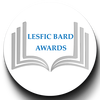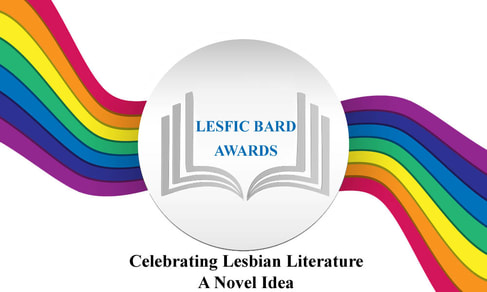Judging
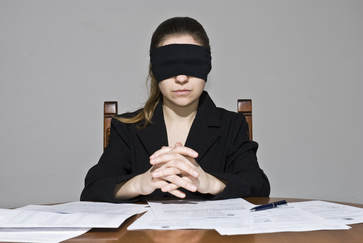
HOW IS OUR JUDGING DIFFERENT?
WE HAVE CHOSEN TRIPLE-BLIND JUDGING:
What is the difference between open judging, single-blind judging, double-blind judging, and triple-blind judging?
The argument boils down to bias.
Open judging is when you know the author, the book title, and the book’s subject matter. We do not believe any human being is able to be really (or truly) objective in that situation.
Single-blind judging is when you know the author and the book title but not necessarily the subject matter.
Double-blind judging is when you don’t know the author, the book title, or the subject matter. In this situation you don’t have any expectations.
Triple-blind judging is when you don’t know the author, the book title, the subject matter, and no one knows who the judges are.
WE HAVE CHOSEN TRIPLE-BLIND JUDGING:
What is the difference between open judging, single-blind judging, double-blind judging, and triple-blind judging?
The argument boils down to bias.
Open judging is when you know the author, the book title, and the book’s subject matter. We do not believe any human being is able to be really (or truly) objective in that situation.
Single-blind judging is when you know the author and the book title but not necessarily the subject matter.
Double-blind judging is when you don’t know the author, the book title, or the subject matter. In this situation you don’t have any expectations.
Triple-blind judging is when you don’t know the author, the book title, the subject matter, and no one knows who the judges are.

Why we chose triple-blind judging:
If you do not know whose book you are reading or what to expect you won’t be biased or have preconceived notions regarding the author; you can’t prejudge. The work presented to the judges may give a synopsis, which provides a general outline of the book, but the judges will not know who wrote it. This way, the judges are not influenced by a big-name author or publisher. You, as the judge, are simply reading a story.
Another plus of triple-blind judging is that judges are reading a variety of authors’ works. If one stands out it’s because of the author’s story.
This is how books should be judged—on their own merit—it’s the most honest form of reading. Why did the story stick with the judge? Did the story meet all the judging criteria? Did the work tell the story it was intended to tell?
Triple-blind judging rarely results in extreme opinions (positive or negative). Judges will rarely go out on a limb for books they know nothing about. And since the judges are anonymous … their scores reflect true and honest opinions of what they have read.
Judging of covers will be done once all other judging is completed.
If you do not know whose book you are reading or what to expect you won’t be biased or have preconceived notions regarding the author; you can’t prejudge. The work presented to the judges may give a synopsis, which provides a general outline of the book, but the judges will not know who wrote it. This way, the judges are not influenced by a big-name author or publisher. You, as the judge, are simply reading a story.
Another plus of triple-blind judging is that judges are reading a variety of authors’ works. If one stands out it’s because of the author’s story.
This is how books should be judged—on their own merit—it’s the most honest form of reading. Why did the story stick with the judge? Did the story meet all the judging criteria? Did the work tell the story it was intended to tell?
Triple-blind judging rarely results in extreme opinions (positive or negative). Judges will rarely go out on a limb for books they know nothing about. And since the judges are anonymous … their scores reflect true and honest opinions of what they have read.
Judging of covers will be done once all other judging is completed.
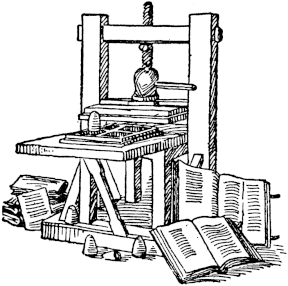
HOW DO WE DO THIS?
All authors entering the contest are assigned a number. This number is used on all correspondence regarding their entries.
All books entering the contest are assigned a number. As a result, no one knows the titles or the authors of the books.
All judges are assigned a number. No one will know who the judges are.
Example:
You might be assigned author #25 (a different number is assigned for each entry). Your book will also be assigned a random number, say #84. Book numbers are not assigned in sequential order (eg:, -1, -2, -3), so judges cannot ascertain if an author has other books entered in the contest.
The judge is also assigned a random number.
So, your entry may look something like this: #25-84-17. The first number (25) is the author’s randomly-assigned number, the second number (84) is the book’s randomly-assigned number, and the third number (17) is the judge’s assigned number. Only the judge’s number will change since several judges will be assessing your book.
All authors entering the contest are assigned a number. This number is used on all correspondence regarding their entries.
All books entering the contest are assigned a number. As a result, no one knows the titles or the authors of the books.
All judges are assigned a number. No one will know who the judges are.
Example:
You might be assigned author #25 (a different number is assigned for each entry). Your book will also be assigned a random number, say #84. Book numbers are not assigned in sequential order (eg:, -1, -2, -3), so judges cannot ascertain if an author has other books entered in the contest.
The judge is also assigned a random number.
So, your entry may look something like this: #25-84-17. The first number (25) is the author’s randomly-assigned number, the second number (84) is the book’s randomly-assigned number, and the third number (17) is the judge’s assigned number. Only the judge’s number will change since several judges will be assessing your book.
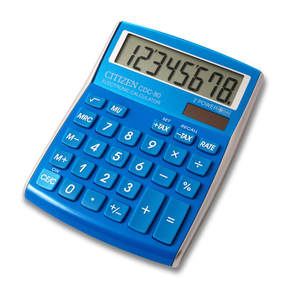
HOW ARE THE FINALISTS CHOSEN?
Each judge reads all books submitted in their category over the course of the year. The number of judges will vary with the number of titles submitted in any given year. Each judge will score the book on a variety of key points vital to lesbian literature (as identified by our committee). One example might be: What percentage of the book is lesbian-centric? The judge will score each book on all the key points identified. The total score will then be tabulated for each book.
Each judge reads all books submitted in their category over the course of the year. The number of judges will vary with the number of titles submitted in any given year. Each judge will score the book on a variety of key points vital to lesbian literature (as identified by our committee). One example might be: What percentage of the book is lesbian-centric? The judge will score each book on all the key points identified. The total score will then be tabulated for each book.
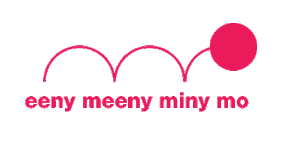
HOW ARE THE WINNERS CHOSEN?
The winners and finalists are chosen based on the total scores they have received for their book entry. No one, not even the organization’s staff, learns who the winners are until the week of the announcement, which will take place in mid-May.
The winners and finalists are chosen based on the total scores they have received for their book entry. No one, not even the organization’s staff, learns who the winners are until the week of the announcement, which will take place in mid-May.
